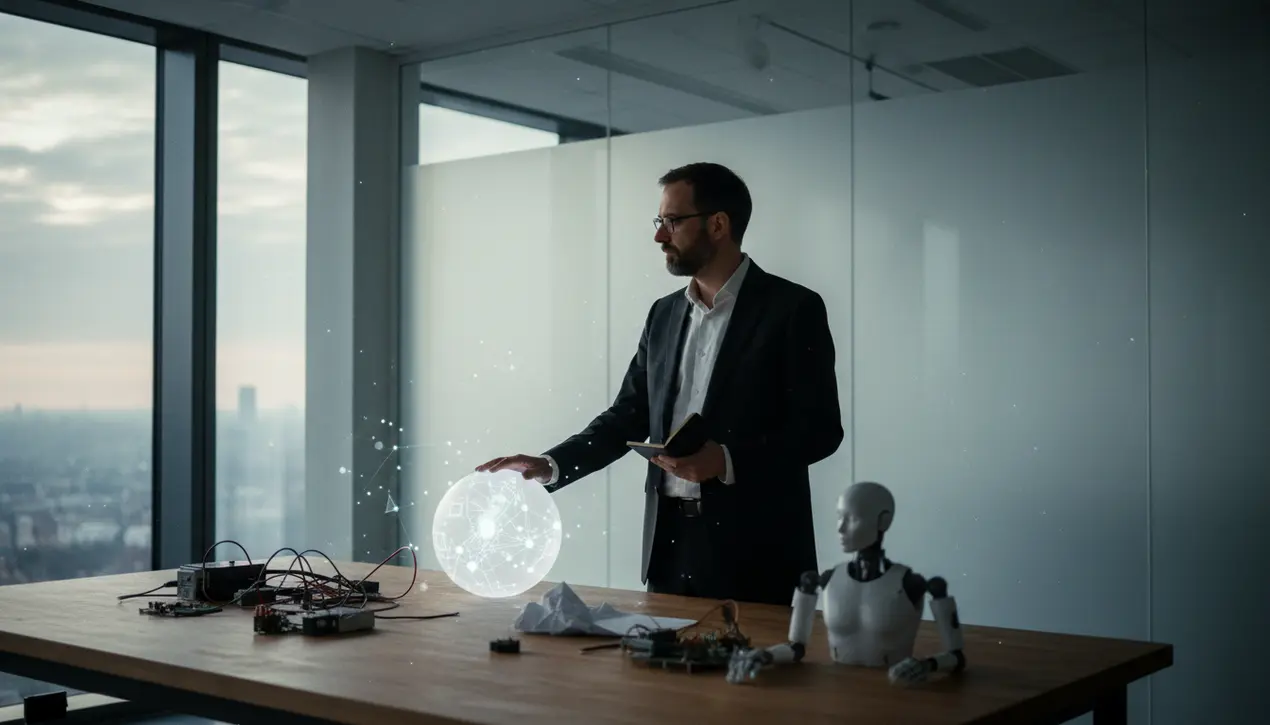
AIresearch & breakthroughsNew Model Architectures
What AI pioneer Yann LeCun will build after Meta
DA
Daniel Reed
3 hours ago7 min read4 comments
The AI research community is poised for a significant shift with the news that Yann LeCun, a veritable titan in the field and the chief AI scientist at Meta since 2013, is preparing to depart the tech behemoth to establish his own independent research lab. This move, reported to be happening in the coming months with early fundraising already underway, signals a profound philosophical schism in the pursuit of artificial general intelligence.LeCun's planned venture is not merely another startup chasing incremental gains on the existing transformer-based paradigm; it is a deliberate and foundational challenge to it. His focus will be on constructing 'world models'—AI systems that learn from rich, multimodal data like video and spatial information, fundamentally moving beyond the text-centric limitations of today's large language models.This approach is a direct rebuttal to the prevailing strategy at companies like OpenAI and Anthropic, and even, it seems, Meta's new direction. After the open-source Llama models failed to keep pace with proprietary competitors, Meta has embarked on an aggressive, lavish recruiting campaign to build state-of-the-art, and likely closed-source, models that adhere to the same architectural blueprint as its rivals.This path, which relies on scaling the transformer architecture with ever-larger datasets and computational power, is one LeCun has publicly and repeatedly criticized. He has expressed deep skepticism that this method alone can produce AI capable of genuine reasoning and common sense, arguing it primarily excels at pattern recognition and statistical prediction without a true, internalized understanding of the world.His research has increasingly centered on a more biologically-inspired path, exploring how AI can learn about the physical world with the efficiency and intuition of a human infant. This isn't an abstract academic pursuit; the implications are staggering.LeCun's new company will likely develop models trained on thousands of hours of video, enabling them to capture the nuanced dynamics of state changes, physics, and environmental evolution in a way current models cannot. Success in this endeavor could lead to the creation of AI systems and robots with a sophisticated, actionable understanding of reality, capable of continuous learning and adaptation that mirrors human cognition.This departure is reminiscent of other foundational splits in tech history, where a visionary founder leaves a corporate structure to pursue a purer, more ambitious research agenda. It raises critical questions about the future of AI development: Will the resource-heavy, scaling-focused approach ultimately hit a wall, vindicating LeCun's call for alternative architectures? His venture represents a high-stakes bet that the road to AGI requires a deeper, more fundamental rethinking of how machines represent and learn from reality, a quest that could very well define the next decade of artificial intelligence.
#Yann LeCun
#world models
#AI research
#Meta
#startup
#featured
Stay Informed. Act Smarter.
Get weekly highlights, major headlines, and expert insights — then put your knowledge to work in our live prediction markets.
Comments
Loading comments...
© 2025 Outpoll Service LTD. All rights reserved.